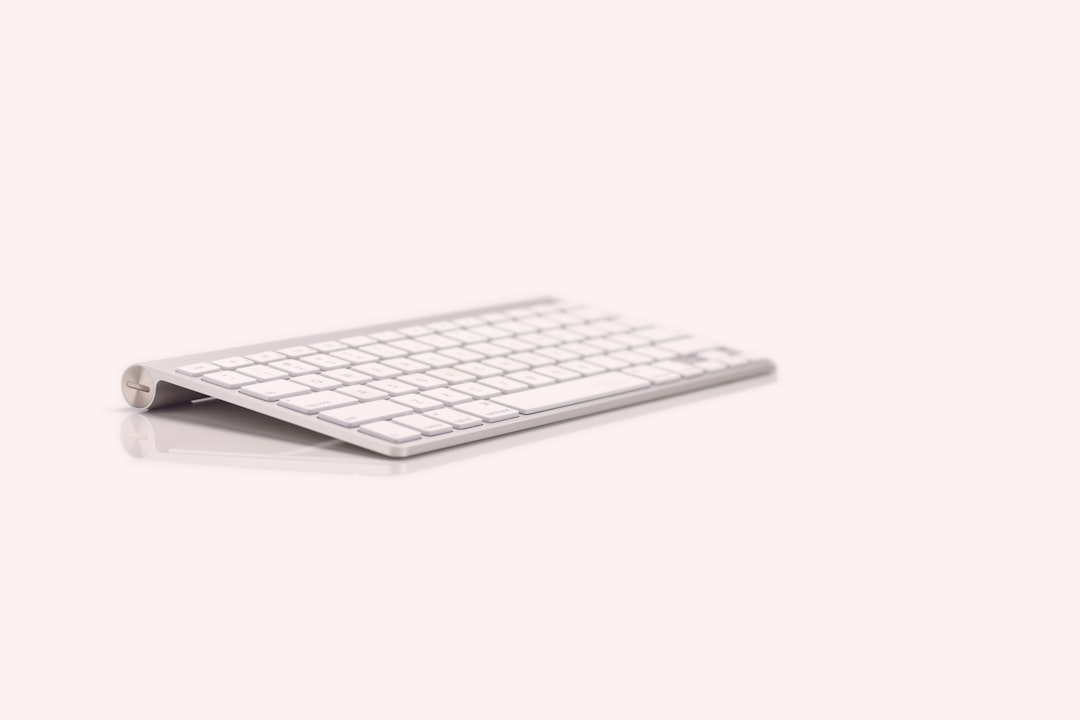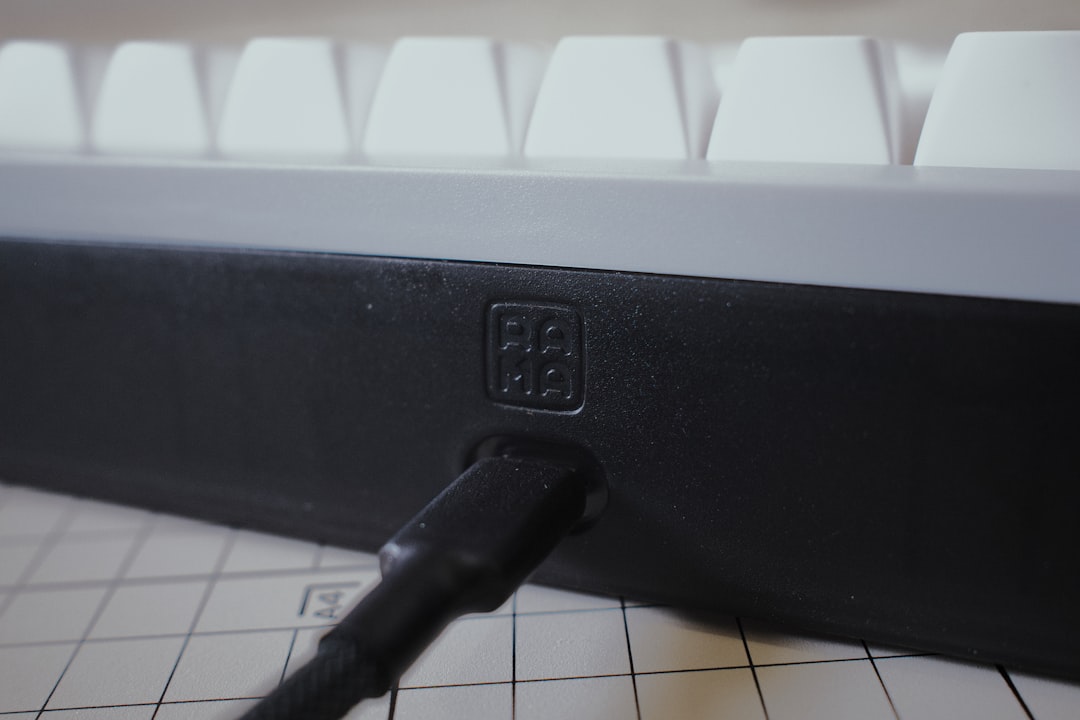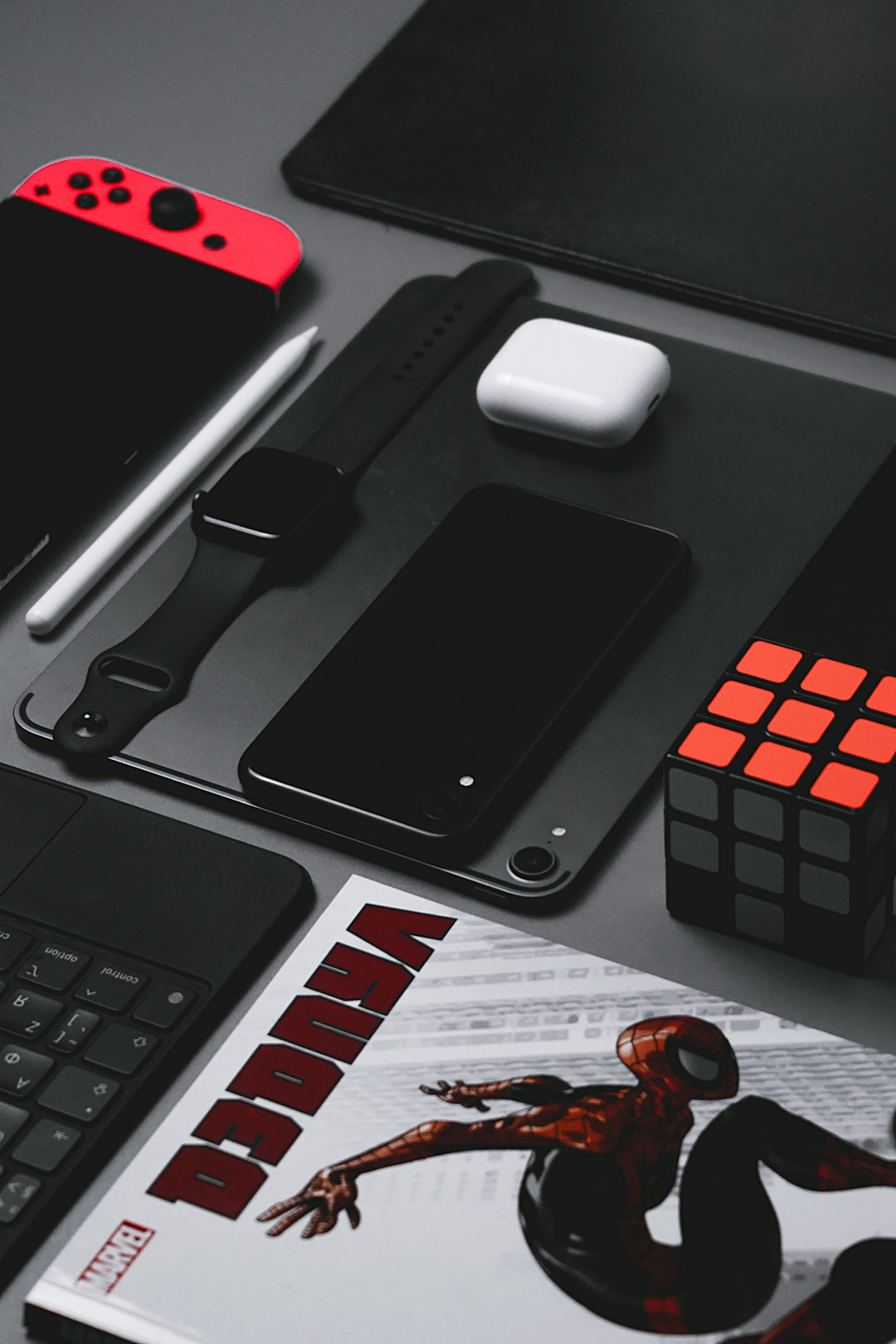Mechanical keyboards are known for their tactile feedback and satisfying clicky sound, but sometimes that sound can be a bit too loud for those around you. Whether you’re a gamer, a writer, or just someone who enjoys the feel of a mechanical keyboard, there are ways to make your keyboard quieter without sacrificing its performance.
In this article, we’ll explore different methods and products that can help you achieve a quieter mechanical keyboard.
Why Do Mechanical Keyboards Make Noise?
Before we dive into ways to make your mechanical keyboard quieter, it’s important to understand why they make noise in the first place.
Mechanical keyboards use individual switches for each key, unlike traditional membrane keyboards that use a rubber dome under the keys. These switches have a metal spring inside that provides the tactile feedback and registers the keystroke. When the key is pressed, the spring compresses and then bounces back, creating the satisfying click sound.
The type of switch used also plays a role in the noise level. Clicky switches, such as Cherry MX Blue, have an audible click sound when pressed, while tactile switches, like Cherry MX Brown, have a tactile bump but no click sound. Linear switches, such as Cherry MX Red, have a smooth keystroke with no tactile bump or click sound.
How to Make a Mechanical Keyboard Quieter
Switch to Quieter Switches
by Barrett Ward (https://unsplash.com/@barrettward)
The most effective way to make your mechanical keyboard quieter is to switch to quieter switches. As mentioned before, clicky switches tend to be the loudest, so switching to tactile or linear switches can significantly reduce the noise level.
Some popular quiet switches include Cherry MX Silent Red, Gateron Silent Brown, and Kailh Silent Box Brown. These switches have rubber dampeners inside that reduce the sound of the spring and the bottoming out of the key.
Add O-rings
by Jonathan Simcoe (https://unsplash.com/@jdsimcoe)
Another way to reduce the noise of your mechanical keyboard is to add O-rings to the keycaps. O-rings are small rubber rings that fit around the stem of the keycap and act as a shock absorber when the key is pressed.
These rings can reduce the sound of the key bottoming out and also make the keystroke feel softer. However, they may not be as effective on clicky switches as they do not reduce the sound of the click itself.
Lubricate Your Switches
by Ivan Didenko (https://unsplash.com/@johnny_2d)
Lubricating your switches can also help reduce the noise level of your mechanical keyboard. This involves applying a thin layer of lubricant to the metal spring inside the switch.
The lubricant helps reduce the friction between the spring and the housing, resulting in a smoother and quieter keystroke. However, this method requires some technical knowledge and can be time-consuming.
Use a Sound Dampening Mat
by Panos Sakalakis (https://unsplash.com/@meymigrou)
A sound dampening mat is a thin sheet of foam that can be placed between the keyboard PCB and the case. This helps absorb the sound of the switches and reduces the overall noise level of the keyboard.
Sound dampening mats are relatively inexpensive and easy to install, making them a popular choice for those looking to make their mechanical keyboard quieter.
Switch to a Silent Gaming Keyboard
If you’re in the market for a new mechanical keyboard and noise level is a concern, consider purchasing a silent gaming keyboard. These keyboards are specifically designed to be quieter and often come with features such as dampened switches and sound-absorbing materials.
Some popular silent gaming keyboards include the Corsair K70 RGB MK.2 Low Profile, the Logitech G915 TKL, and the Razer BlackWidow Lite.
Tips for Maintaining a Quiet Mechanical Keyboard
Once you’ve made your mechanical keyboard quieter, there are a few things you can do to maintain its quietness.
Keep Your Keyboard Clean
by Modar Kajo (https://unsplash.com/@modarkajo)
Dust and debris can build up inside your keyboard and affect its performance and noise level. Regularly cleaning your keyboard can help prevent this. Use a can of compressed air to blow out any debris and wipe down the keycaps with a damp cloth.
Avoid Eating and Drinking Near Your Keyboard
Eating and drinking near your keyboard can lead to crumbs and spills, which can affect the switches and make them louder. Try to keep food and drinks away from your keyboard to maintain its quietness.
Replace Worn Out Keycaps
Over time, the keycaps on your mechanical keyboard may become worn out and produce more noise. Consider replacing them with new keycaps to maintain the quietness of your keyboard.
Conclusion
Mechanical keyboards don’t have to be loud and disruptive. By switching to quieter switches, adding O-rings, lubricating your switches, using a sound dampening mat, or purchasing a silent gaming keyboard, you can enjoy the tactile feedback of a mechanical keyboard without the loud noise.
Remember to keep your keyboard clean, avoid eating and drinking near it, and replace worn out keycaps to maintain its quietness. With these tips and tricks, you can have a quiet and satisfying typing experience with your mechanical keyboard.





